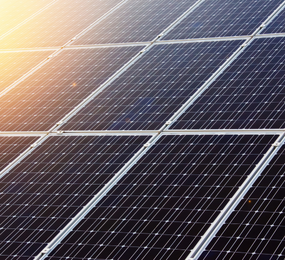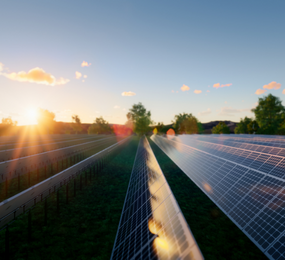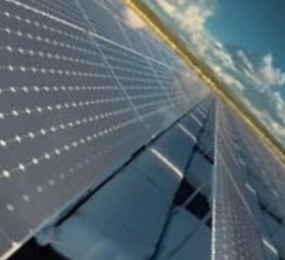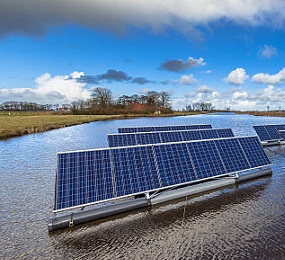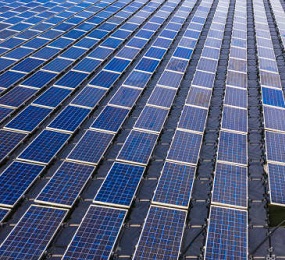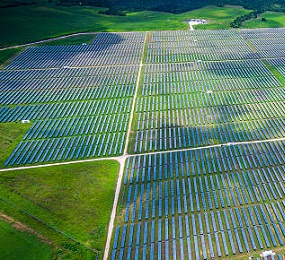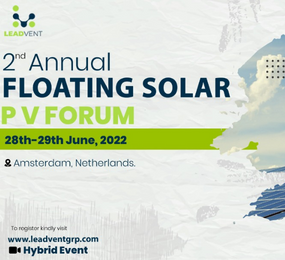Floating solar installations have proven to be remarkably resilient in the face of natural disasters, showcasing their ability to withstand extreme weather events and provide reliable and sustainable energy generation even in challenging conditions. As the world grapples with the increasing frequency and intensity of natural disasters, the resilience of floating solar offers a beacon of hope for sustainable energy solutions.
Built to Withstand Extreme Conditions
Floating solar installations are designed with resilience in mind, incorporating robust materials, modular construction, and innovative engineering techniques to withstand a wide range of natural disasters. These installations are anchored securely to withstand high winds, waves, and currents, while floating platforms are designed to rise and fall with fluctuating water levels, ensuring stability and structural integrity during floods and storms.
Protection Against Flooding
In regions prone to flooding, floating solar installations offer unique advantages over traditional ground-mounted solar arrays. By floating on water bodies such as reservoirs, lakes, and ponds, these installations remain above floodwaters, reducing the risk of damage from inundation. Additionally, the buoyant nature of floating solar platforms allows them to adapt to changing water levels, providing a resilient and adaptable solution for flood-prone areas.
Hurricane and Typhoon Resistance
Floating solar installations have demonstrated resilience in the face of hurricanes, typhoons, and tropical storms, withstanding strong winds, heavy rainfall, and storm surges. Anchored securely and designed to distribute loads evenly, floating solar platforms can withstand the forces exerted by these extreme weather events, minimizing the risk of damage and ensuring continuity of energy generation even in the aftermath of a storm.
Enhancing Energy Security
The resilience of floating solar installations enhances energy security by providing a reliable source of electricity during and after natural disasters. Unlike traditional power plants that may be vulnerable to damage from extreme weather events, floating solar installations remain operational, helping communities maintain access to electricity when it is needed most. This reliability is particularly crucial in disaster-prone areas, where access to energy can be a matter of life and death.
The resilience of floating solar installations in the face of natural disasters underscores their importance as a sustainable energy solution for a changing climate. By withstanding extreme weather events, floating solar offers a reliable and resilient source of electricity, enhancing energy security and contributing to the transition to a more sustainable and disaster-resilient future. As the world continues to grapple with the impacts of climate change, the resilience of floating solar stands as a testament to the ingenuity and adaptability of renewable energy technologies.
To register or learn more about the Forum please check here: https://bit.ly/46Vw6nm
For more information and group participation, contact us: [email protected]


